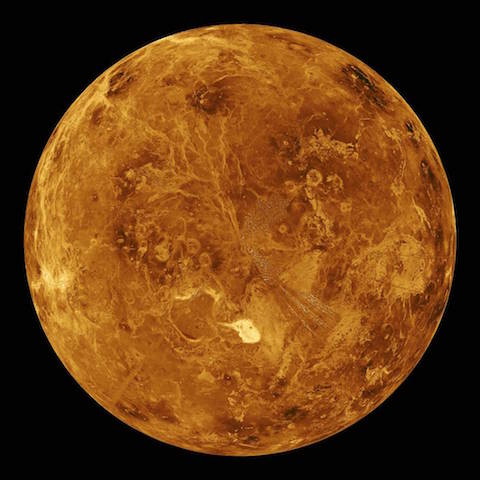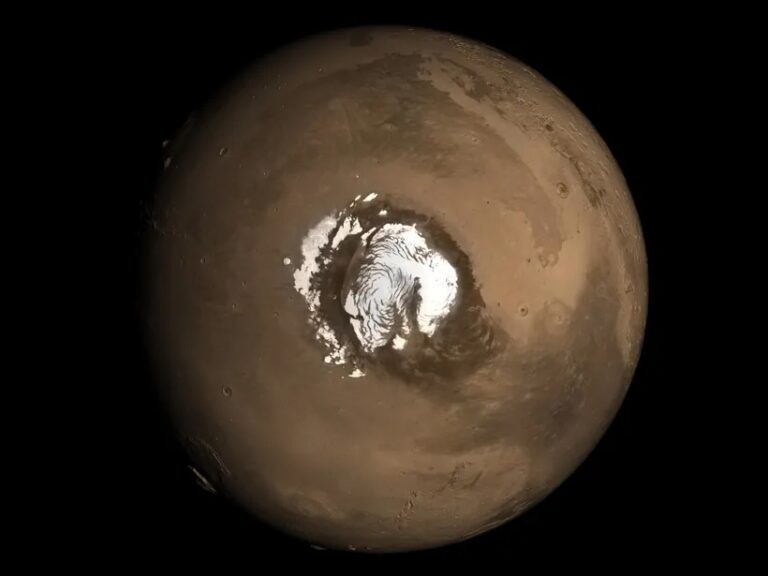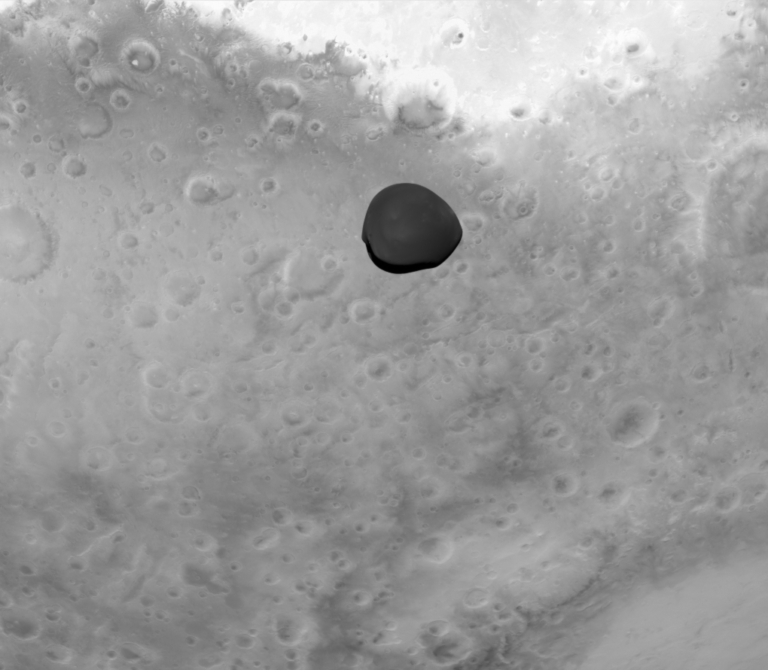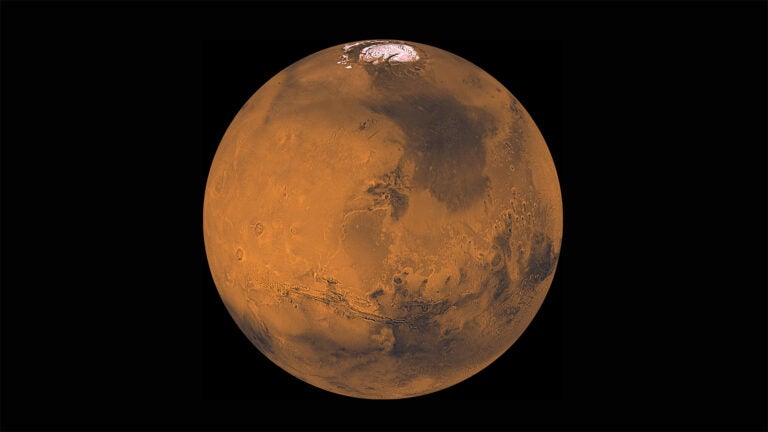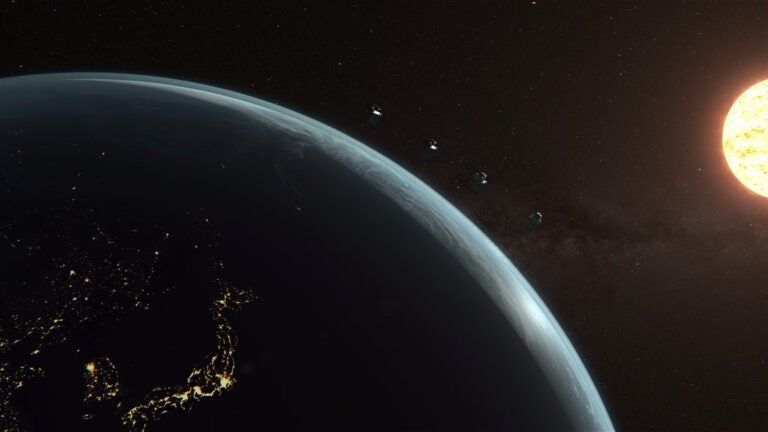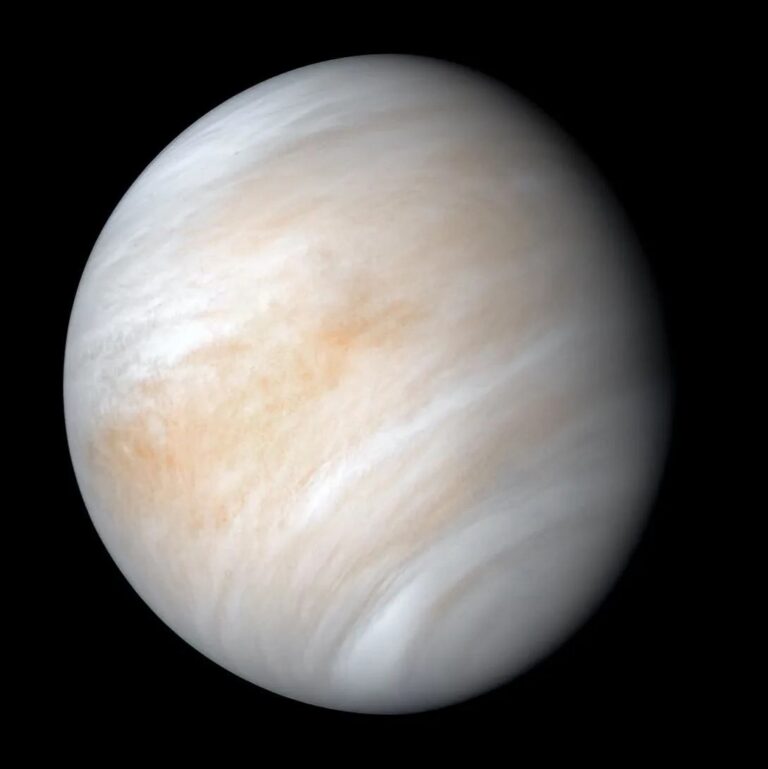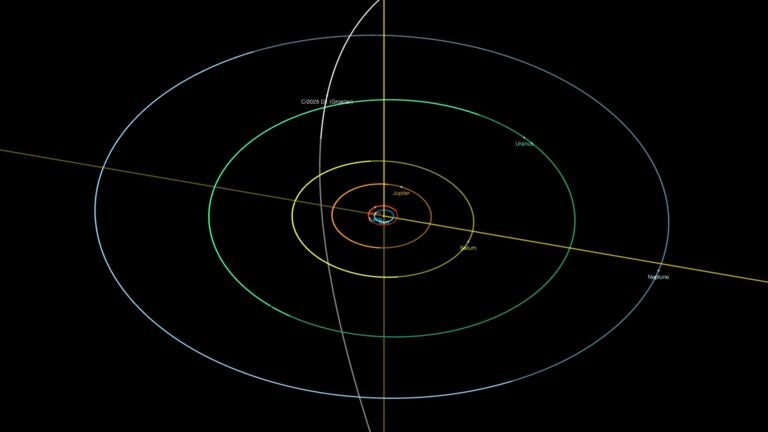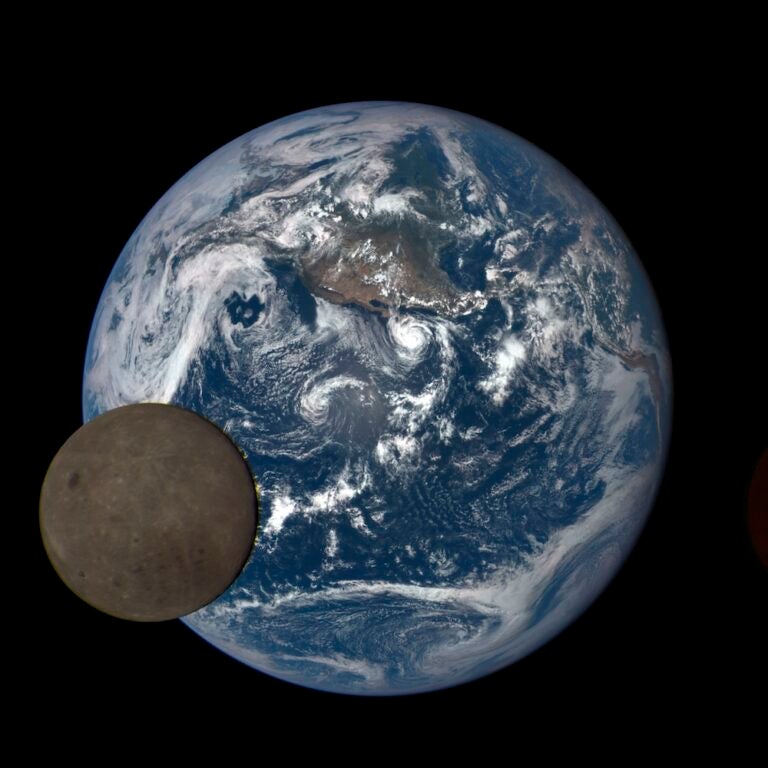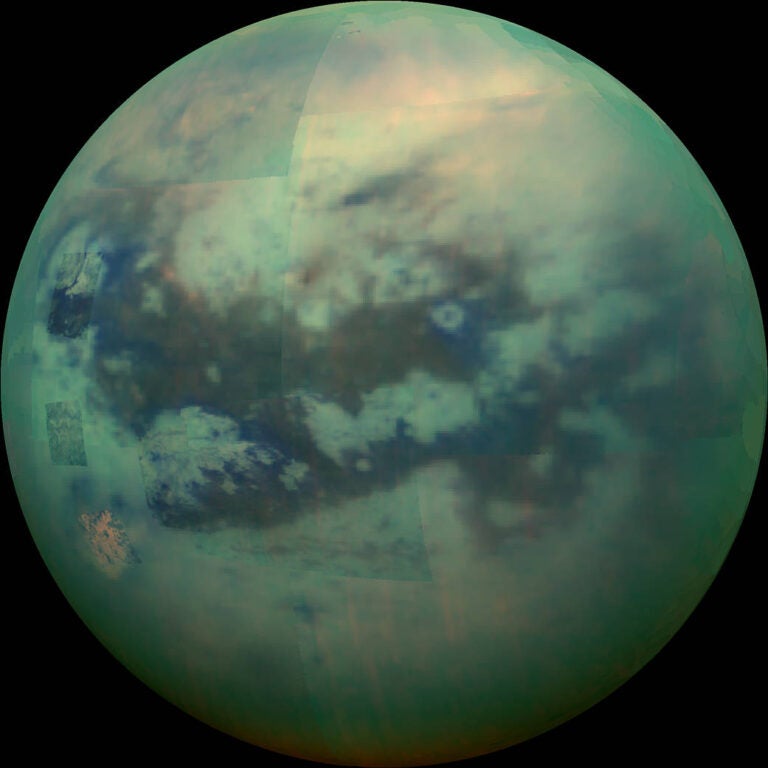The surface of Venus is hot because its massive atmosphere causes a huge greenhouse effect. This effect could date back billions of years to early atmospheric formation, or it could be related to immense outgassing during a geological cataclysm several hundred million years ago. The United States has not sent a spacecraft to Venus since 1989, and we need new data to determine this.
Either way, Venus is unlikely to get hotter by itself. This is because it is approximately in radiation equilibrium; in reality, heat out is a little bigger than heat in, due to heat loss from the interior. But all the planets will heat up as the Sun’s brightness increases over the next several billion years as a natural part of its evolution, eventually scorching the surfaces of all the inner planets, including Venus and Earth.
Robert E. Grimm
Director of Department of Space Studies,
Southwest Research Institute,
Boulder, Colorado

